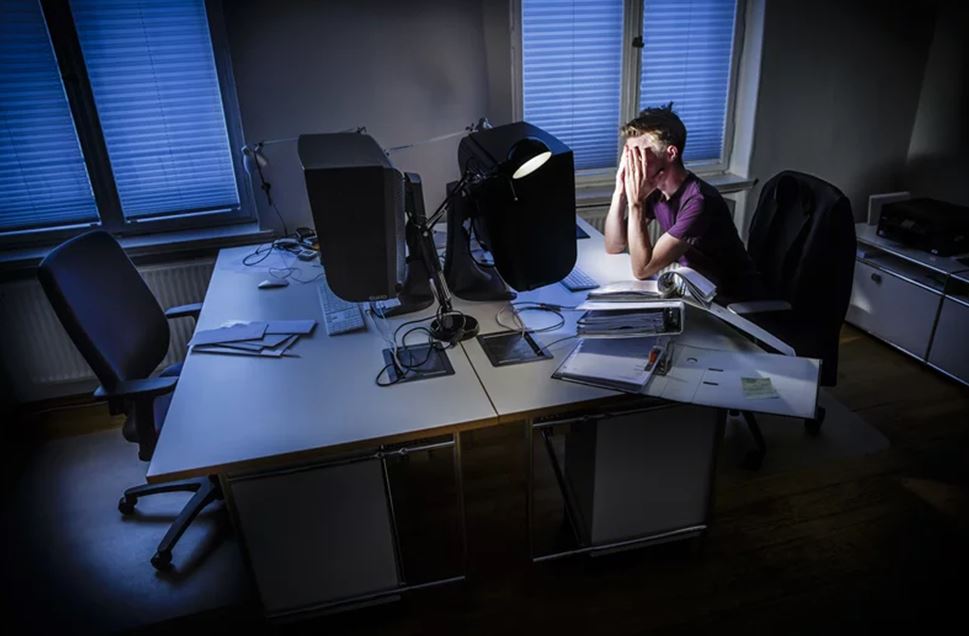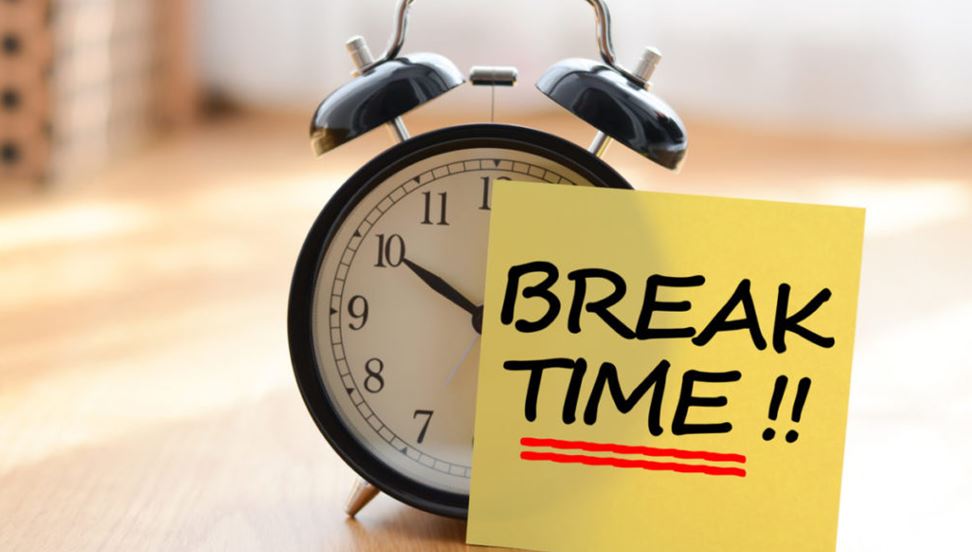There is a new workplace term and that is ‘mental health day’ – a day to recover from the impact of stresses, overload and burn out. This day does not have to be work related and may stem from work, home, life or a combination of all three. So, is there really any substance in the concept, or is this just a whinging group of the population that need to harden up and get back to work?
One thing is for sure, when you do your own quick survey on how people are coping with life in general terms, you quickly discover a constant theme, nobody is relaxed, everybody is getting around with heightened levels of anxiety and most people are harbouring a high level of stress.
We seem to have programmed ourselves to believe that we are more in touch and connected to those around us when we can brag about our 60-hour working week and not having had a holiday in five years. Our employer’s expectation is the more hours we put in over those required is commendable. The ones promoted you can rest assured are those who are at the office at the crack of dawn and are there well into the evening.

Interestingly we have taken a full circle. One hundred years ago, working 100 hours per week was the norm, and it was Henry Ford in 1926 who recognised that the more we worked the more inefficient we became, leading to him adopting the 40hour working week. Today business leaders seem to have forgotten the genius of Ford, with those such as Elon Musk advocating an 80-hour work week. Telling the world that this is what’s required if you want to make an impact – for me that is one good reason not to buy a Tesla!
As Jack Nicholson famously once said, “all work no play makes Jack a dull boy” and anybody who saw the movie ‘The Shining’ will know all too well what dullness did to Mr Torrance’s mind.
The shift away from the standard 40-hour week, towards the 60-80-hour week, should concern us all and is no doubt a factor in the explosion in depressive related illnesses.
Such workload leaves our homes with lonely partners and unhappy children, disconnected from one or both parents.
Given the pressure to work harder, to keep pushing ourselves to the point of breaking, it is little wonder we need a ‘mental health’ day, which for many will not be enough, with 6-month sabbatical’s becoming common place in the office environment. At the end of the day, what is the goal here?
What will your showreels be filled up with by the time you sit back in the rocking chair of life?
Will it be the two BMW’s in the driveway, the bigger house, or getting home early from work to play cricket on the beach with the kids?
Perhaps the true measure of life should be making it through with our mental health intact. For many of us work begins the moment we step out of bed; checking emails, texts and posting on social media platforms. By the time we hit the office we have already worked 2 or 3 hours. We come home and are back on our devices and then push repeat as soon as we open our eyes in the morning and do it all again!

Our workplaces are on a precipice right now and we need to make a decision as a nation. Do we want to emulate countries like China, Japan and the USA?
Where excessive working hours and even the taking of drugs like Averill or Ritalin is encouraged by companies who want their workforce to work long hours to get results.
Can Australia strike a better balance?
How about we look to offer ten mental health days a year on top of the standard sick leave, with all the employee needing to do is to tell their employer that they need a break. Let’s go a step further and reconsider the standard working week, creating a long weekend every second weekend, or even every weekend with a four-day working week. Would we be brave enough to stop rewarding long hours and try and instead reward workers who finish on time?
Right now, the answer is likely an emphatic ‘No’, however with mental health costing Australian businesses close to $11 billion per year and with one in four Aussies experiencing at least one mental health issue a year, it may be time to pull our head out of the sand.

Right now, we are seeing the impacts of mental health with:
• 3.2 days per worker being lost each year through workplace stress
• Stress-related workers’ compensation claims having doubled in recent years
• At least 1 in 4 workers taking time off each year for stress-related illnesses
Every dollar spent on identifying, supporting and case-managing workers with mental health issues yields close to a 500% return in improved work output and reduced sick and other leave.
Business owners, shareholders and senior management need to flip the way they view the work of their employees, to stop counting the hours they are at work, and to start counting the hours they are not. It is through mentally refreshed and engaged employees that they will see a far more productive employee, which will be healthy for both the employees mind and the employers bottom line.
